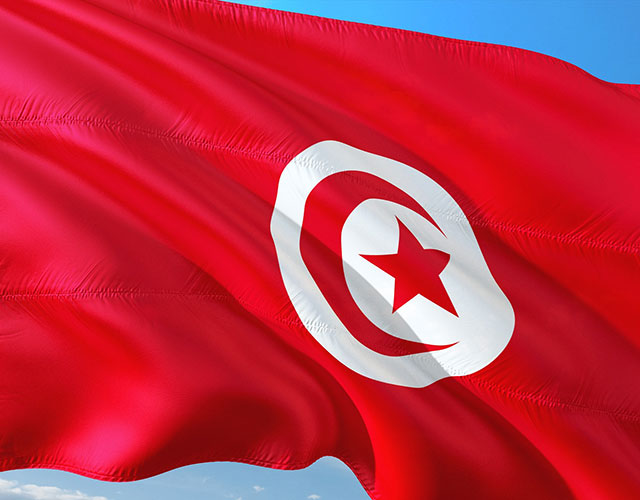Tunis – Tunisia has no choice but to seek a bailout from the International Monetary Fund as it battles a surging budget deficit made worse by the war in Ukraine, its central bank governor said on Friday.
As the conflict has sent global commodities prices spiralling, the import-dependent North African country has adjusted its budget deficit projections from 6.7% to 9.7% of Gross Domestic Product, Marouane Abassi told a conference in the coastal business hub of Sfax.
He blamed the jump on “the Russian-Ukrainian crisis” which has dramatically bumped up prices of both wheat and energy imports, on which Tunisia depends heavily.
To prevent these costs hitting the poorest households in a country where the minimum monthly wage is equivalent to just 125 euros, the Tunisian state subsidises bread and fuel.
ALSO READ | Tunisia heads for ‘new republic’ in dialogue without political parties
But the country is mired in debt equal to almost 100 percent of GDP after years of feeble growth, and is no longer able to borrow on global capital markets.
A new IMF deal – the third in a decade – is therefore “indispensable” for Tunisia, Abassi said.
“It would allow access to financing at reasonable costs” and pave the way to loans “from other lenders and the international financial markets.”
After the Covid-19 pandemic dealt Tunisia an “unprecedented” 8.7 percent hit to GDP in 2020, the country managed a “modest” comeback last year with growth of just over three percent, he said, forecasting 2.6 percent growth this year.
The Ukraine war has hiked grain prices in a country where bread is a vital part of the diet and where historic hikes on the price of a loaf have sparked riots.
ALSO READ | Tunisian president rejects foreign election observers
The conflict has also sent oil and gas prices surging, with a barrel of oil costing over $110 – far above the $75 per barrel projected in Tunisia’s 2022 budget.
It has impacted Tunisia’s exports, hitting demand in the country’s main export market, the European Union.
As well as a grinding economic downturn, Tunisia has faced years of political deadlock culminating in a power grab by President Kais Saied in July last year.
In exchange for a bailout of around $4 billion, the IMF has called for far-reaching changes including a freeze on the public sector wage bill, subsidy reforms and a restructuring of publicly owned companies.
Follow African Insider on Facebook, Twitter and Instagram
Source: AFP
Picture: Pixabay
For more African news, visit Africaninsider.com


